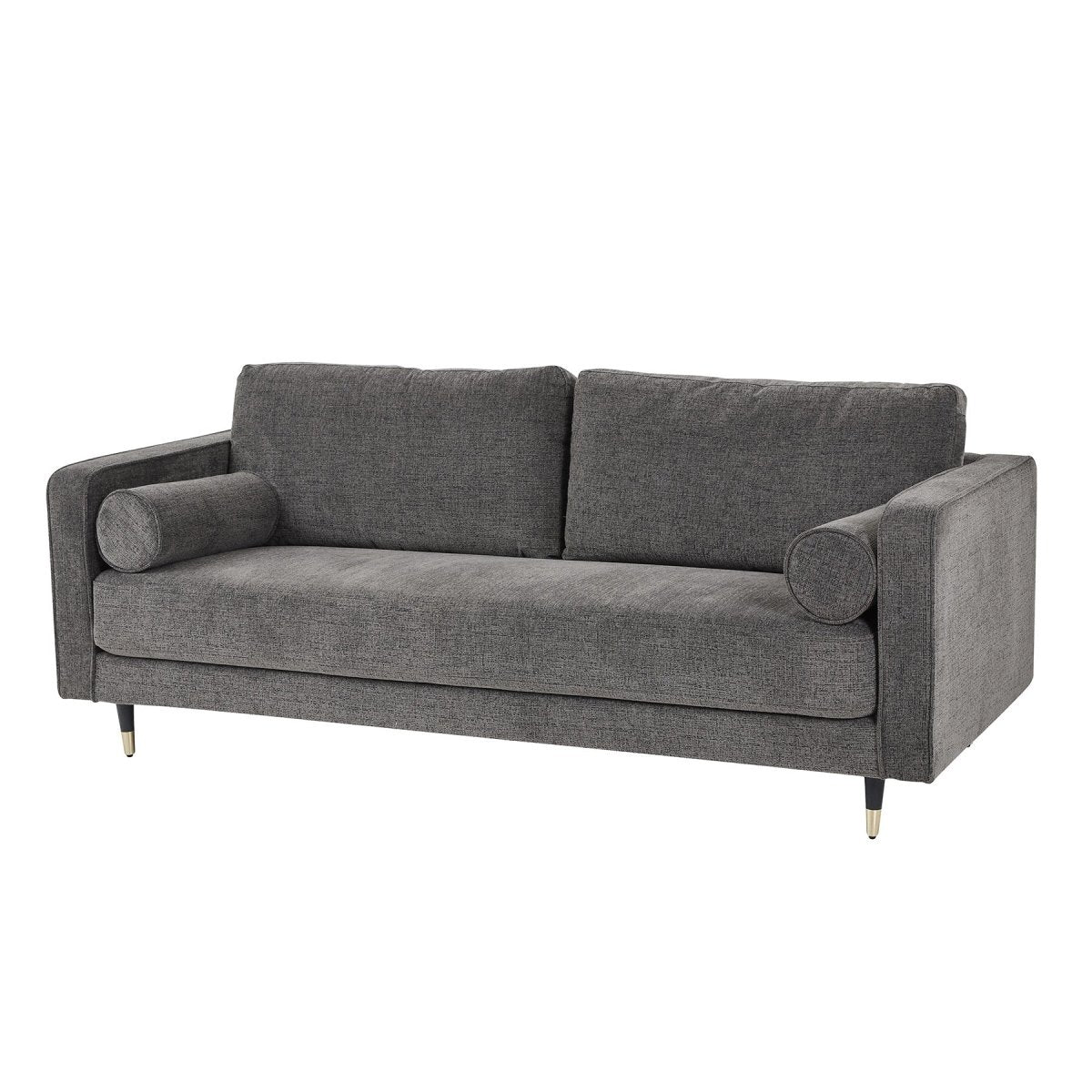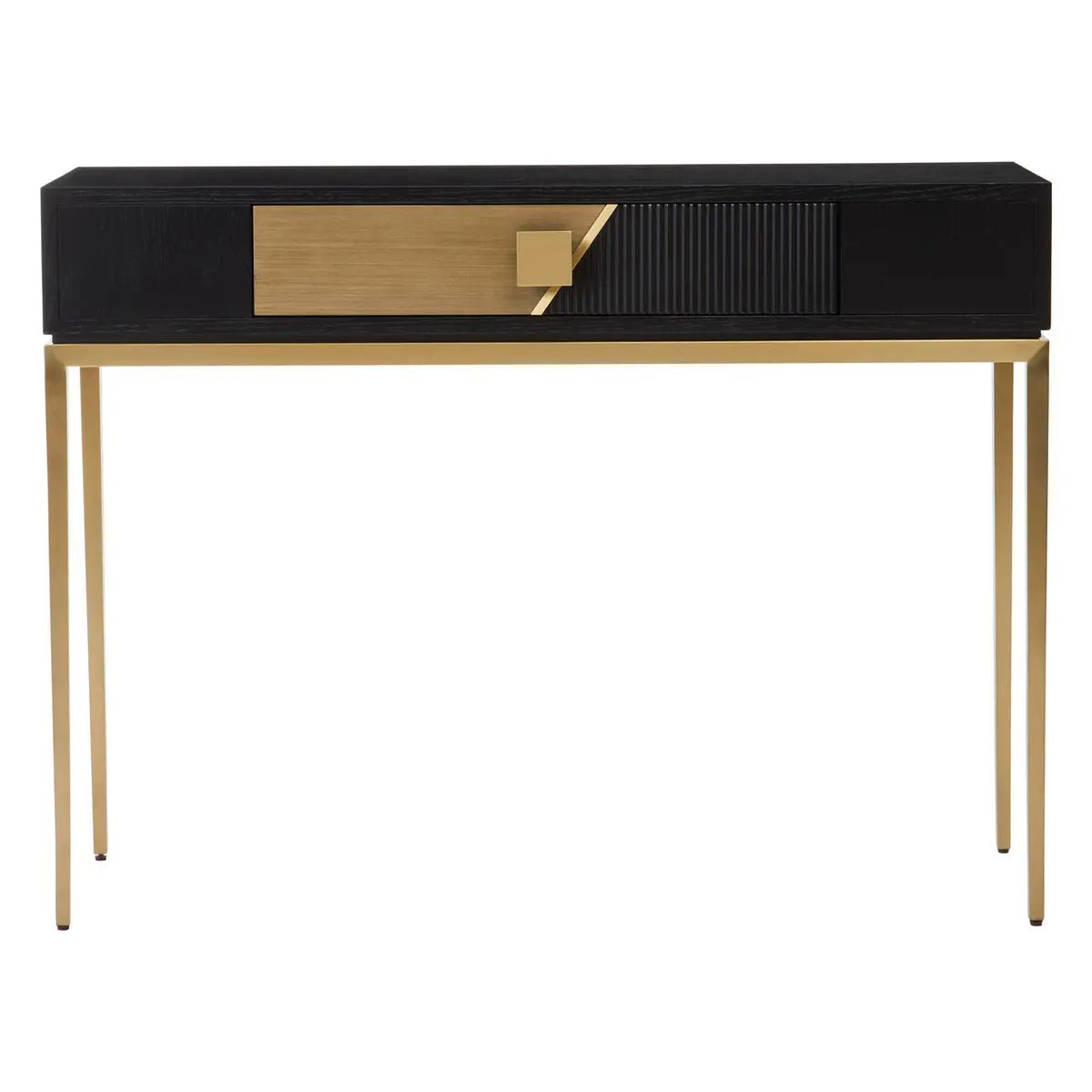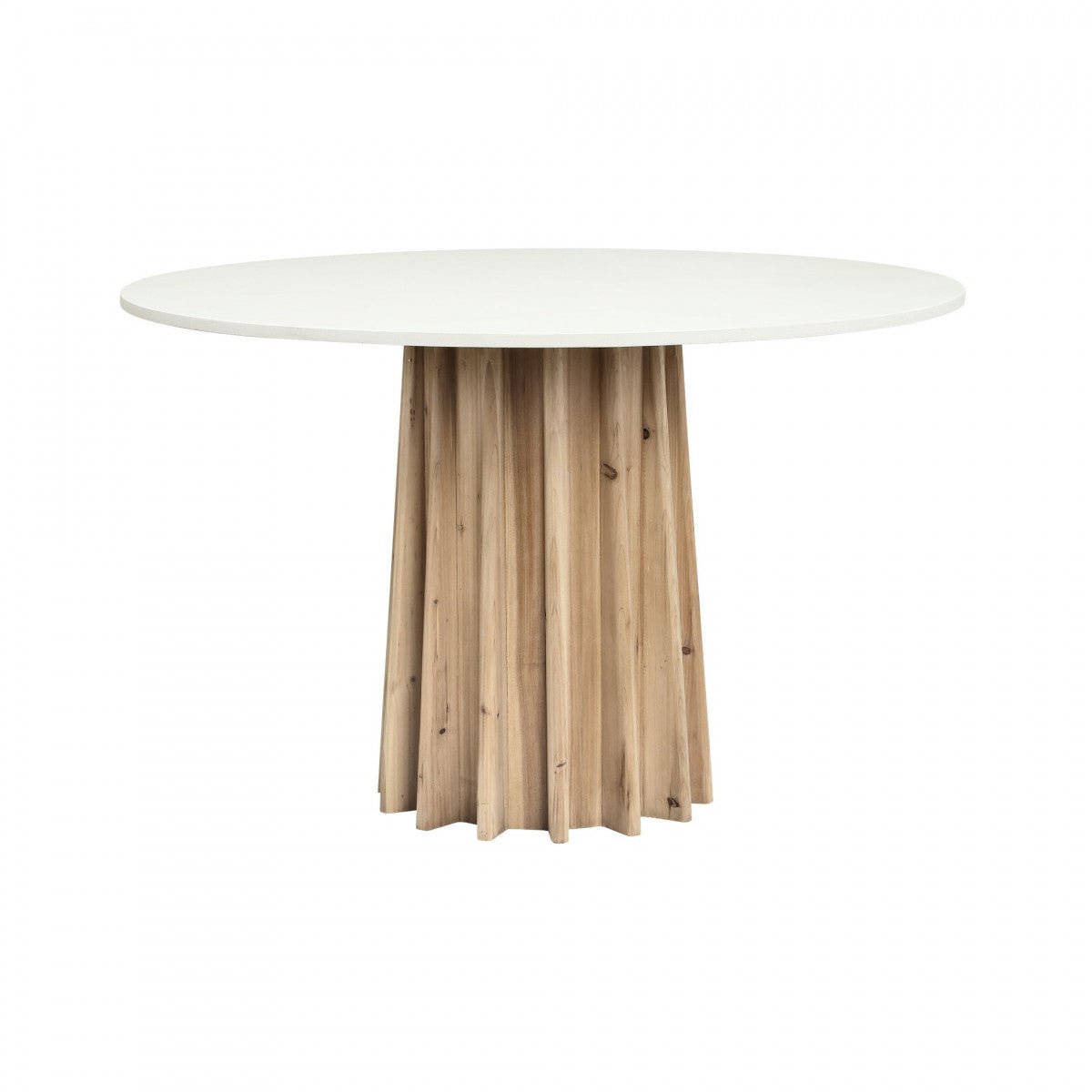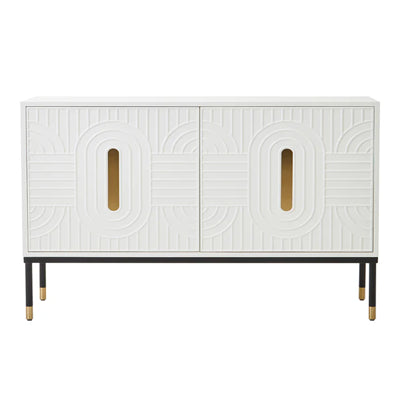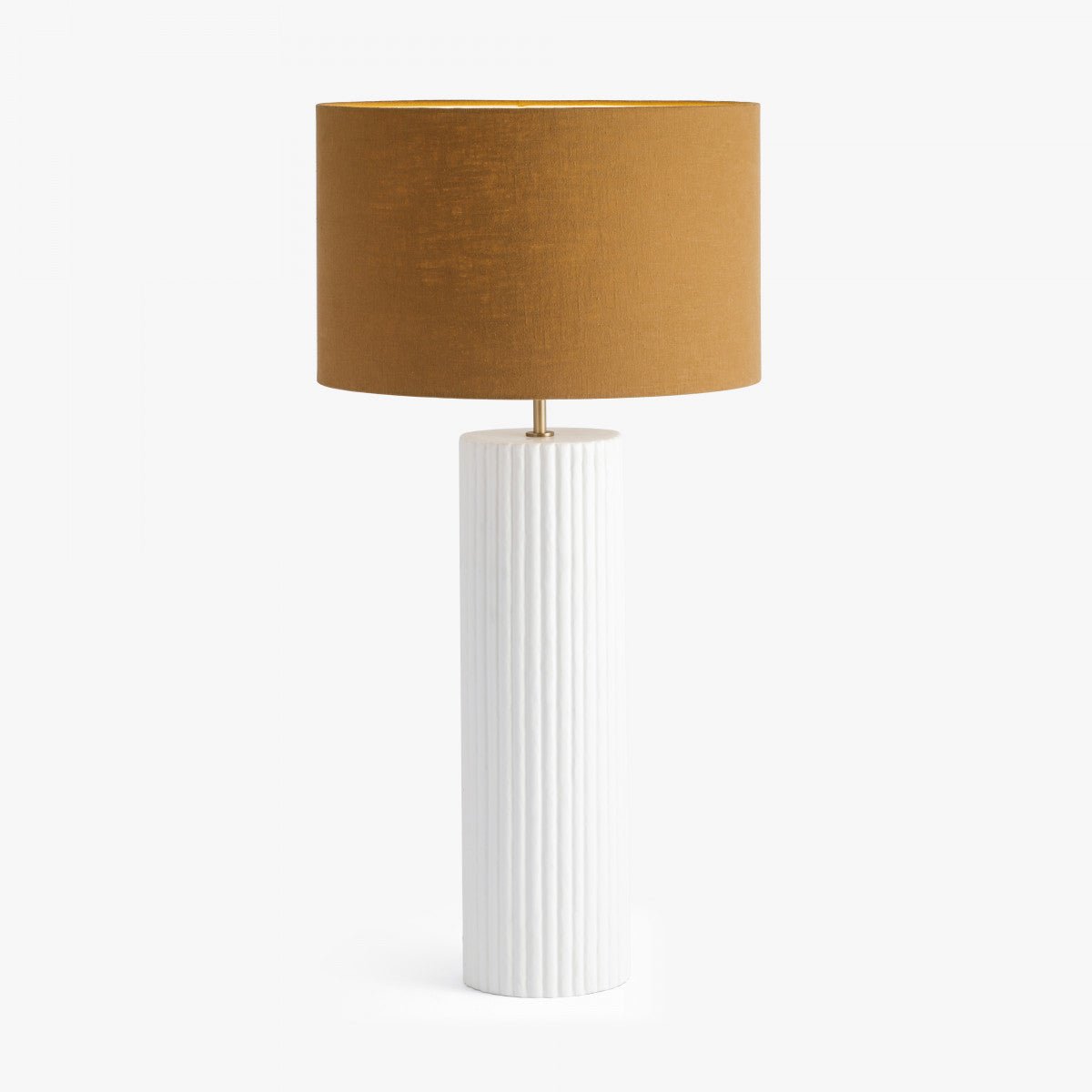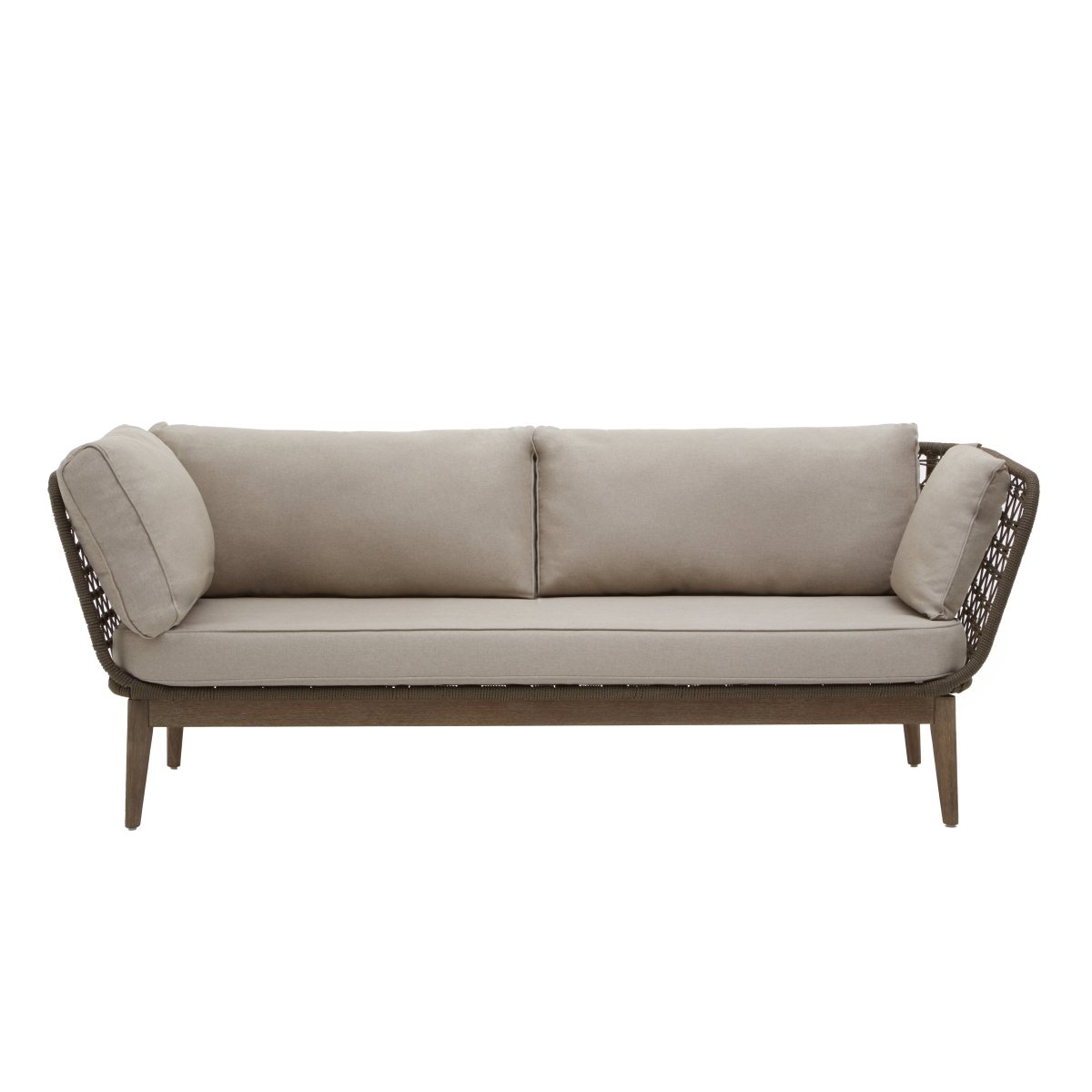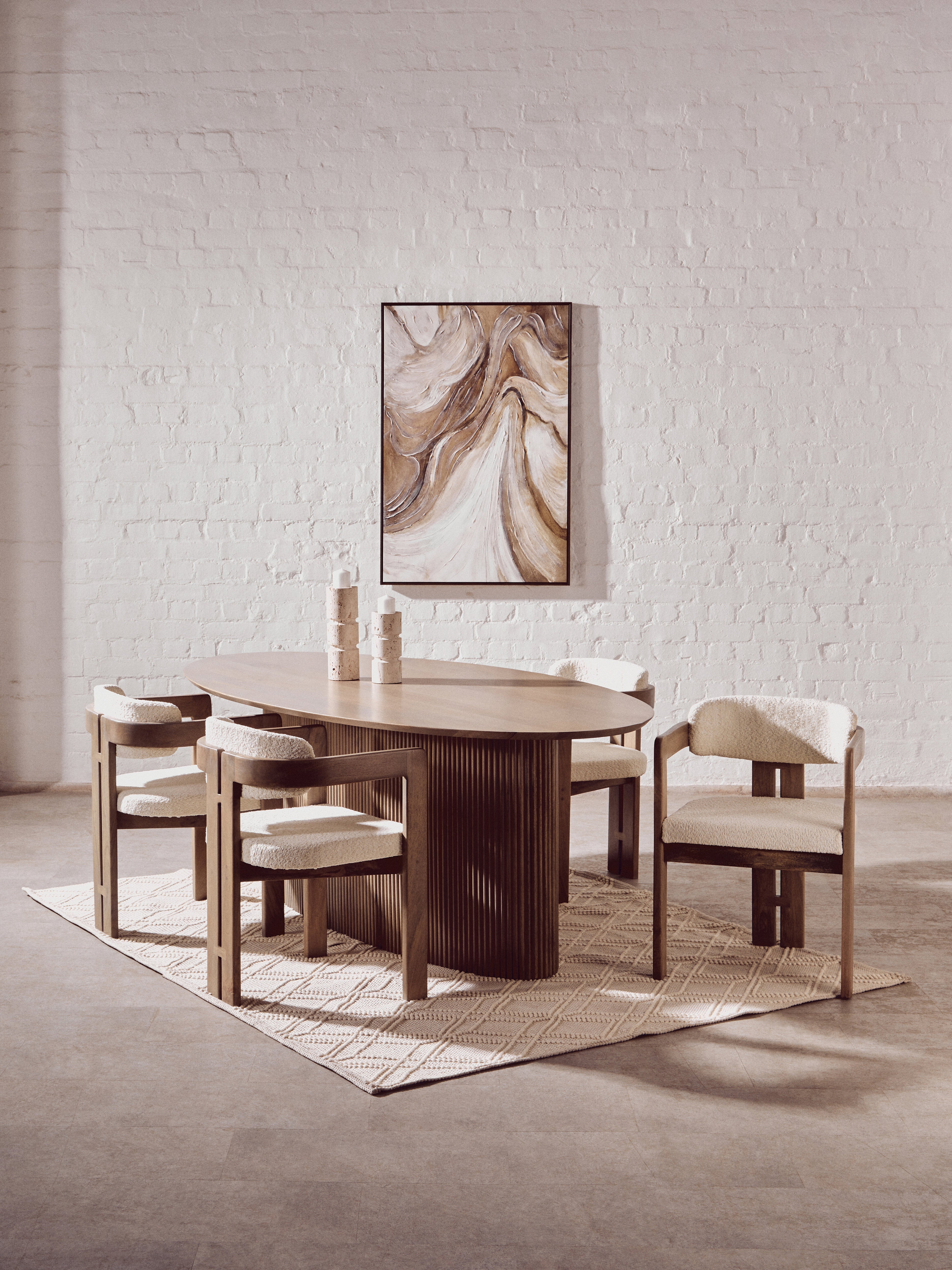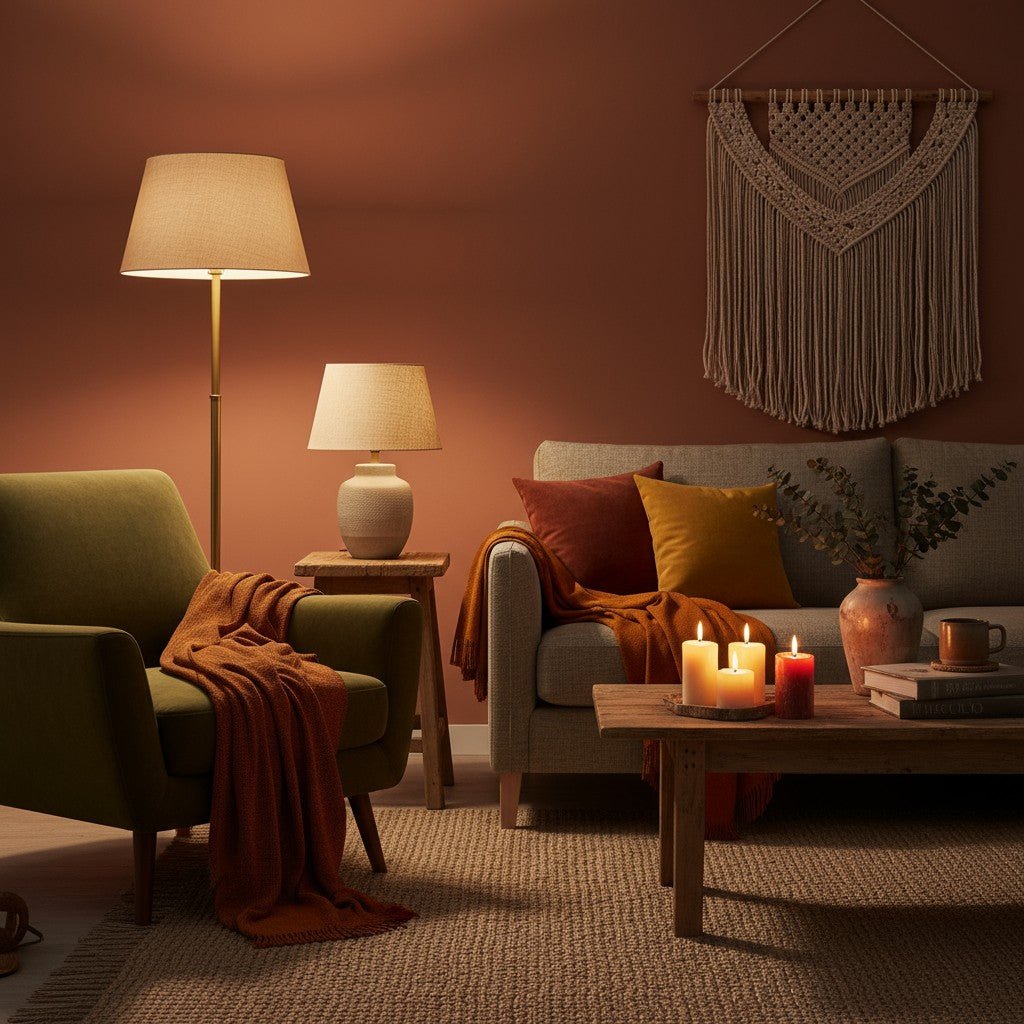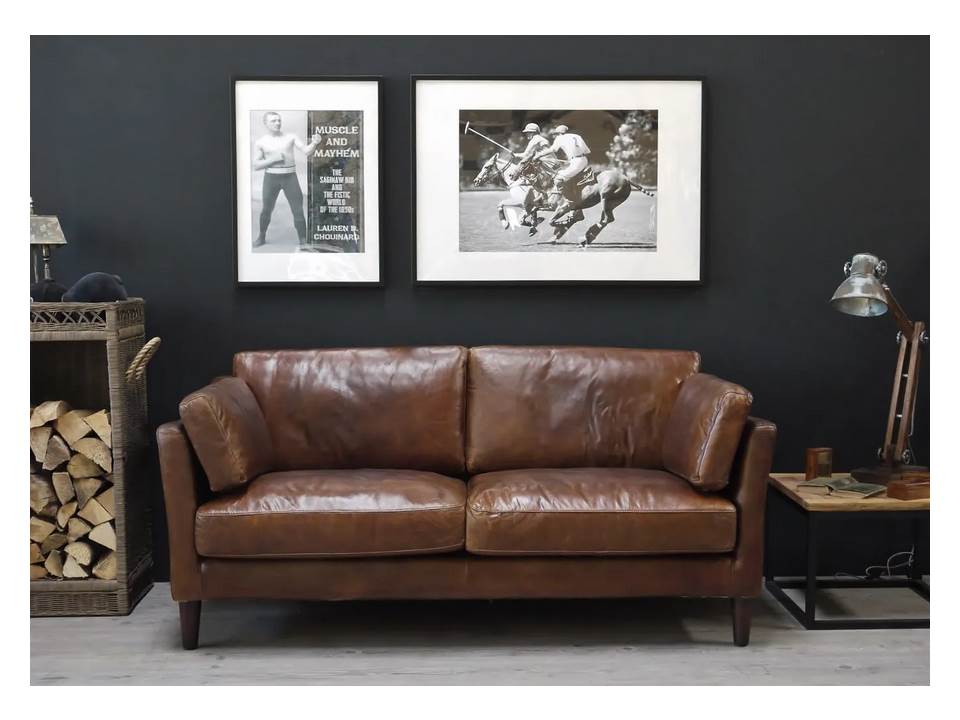How to Avoid Over-Themed Interiors That Date Quickly
A well-designed home should feel personal, timeless, and flexible. But leaning too heavily into a single theme — coastal, farmhouse, tropical, or industrial — can quickly make interiors feel like stage sets that age badly. What looks fun one year may feel dated the next. The key to longevity is balance: knowing how to take inspiration from a style without letting it overwhelm your entire space.
Here are practical ways to avoid over-theming while still achieving interiors that feel cohesive and characterful.
Why Over-Themed Rooms Age Quickly
Over-themed décor tends to rely on obvious symbols and repeated motifs — anchors in coastal homes, roosters in farmhouses, pineapples in tropical kitchens. While playful, these cues rarely stand the test of time. Instead of creating a layered environment, they trap the room in one narrow narrative. Interior experts often point out that the more literal the theme, the faster it begins to look tired.
Another reason themes date quickly is the cycle of trends. Once a motif becomes popular, it saturates the market. A space designed around it can quickly feel mass-produced instead of personal.
Tips for Timeless Design
1. Think Atmosphere, Not Symbols
Instead of relying on cliché décor pieces, capture the essence of a theme. For example, rather than filling a coastal living room with seashell art and striped anchors, opt for sandy neutrals, driftwood finishes, and breezy linen curtains. The atmosphere still reads “coastal” but without the cartoonish cues.
2. Choose One Focal Point
If you love bold pieces, let one element do the talking — a statement rug, dramatic artwork, or sculptural furniture — and let the rest of the room whisper. Over-repeating motifs is what pushes a theme from chic to overdone.
3. Layer Over Time
Resist the urge to buy everything in a single “collection.” Instead, collect pieces gradually so your space feels curated, not staged. Mixing old and new creates personality and makes it less obvious what theme originally inspired the room.
4. Work with Colour and Texture
Colour palettes are powerful tools for creating mood without heavy-handed theming. A mix of earthy terracotta, olive, and warm neutrals can nod to Mediterranean style without any overt symbols. Likewise, texture — like boucle, raw wood, or marble — can do as much to set the tone as decorative accessories.
5. Let Your Story Lead
Your home should be a reflection of your life, not a catalogue page. Incorporate meaningful items: a rug collected on travels, heirloom ceramics, or framed prints from places you’ve lived. These pieces transcend trend cycles because they’re tied to you, not to a theme.
6. Use Themes Sparingly in Small Rooms
If you do want to explore a strong motif, keep it contained to flexible spaces like guest rooms, powder rooms, or play areas. These smaller rooms are easier to refresh when your tastes evolve.
7. Edit Ruthlessly
When in doubt, step back and remove one or two accessories. A room should always have breathing space. Over-decorating is what makes a space feel forced.
Subtle Styling Exercises
-
Zoom in: Love botanicals? Skip tropical palm wallpaper and instead use abstract leaf prints or earthy green upholstery.
-
Tone it down: Swap bright nautical stripes for soft blue-grey walls and rope-detail lighting.
-
Mix inspirations: Instead of sticking to one rigid theme, blend two or three influences. For instance, modern lines paired with rustic textures can evoke “farmhouse” without looking staged.
Do’s and Don’ts for Avoiding Over-Theming
| Do | Don’t |
|---|---|
| Build a mood through colour, light, and texture | Repeat obvious motifs (anchors, roosters, pineapples) everywhere |
| Invest in timeless core furniture | Buy entire themed “sets” at once |
| Mix personal, collected pieces with new finds | Overload rooms with trendy accessories |
| Let one statement item anchor the space | Fill every surface with theme-related décor |
A Home That Evolves with You
The best interiors evolve over time. They borrow from different inspirations, but they also leave room for change. Avoiding over-theming doesn’t mean avoiding personality — quite the opposite. By focusing on atmosphere, quality, and personal meaning rather than literal symbols, you create interiors that feel authentic, adaptable, and timeless.

